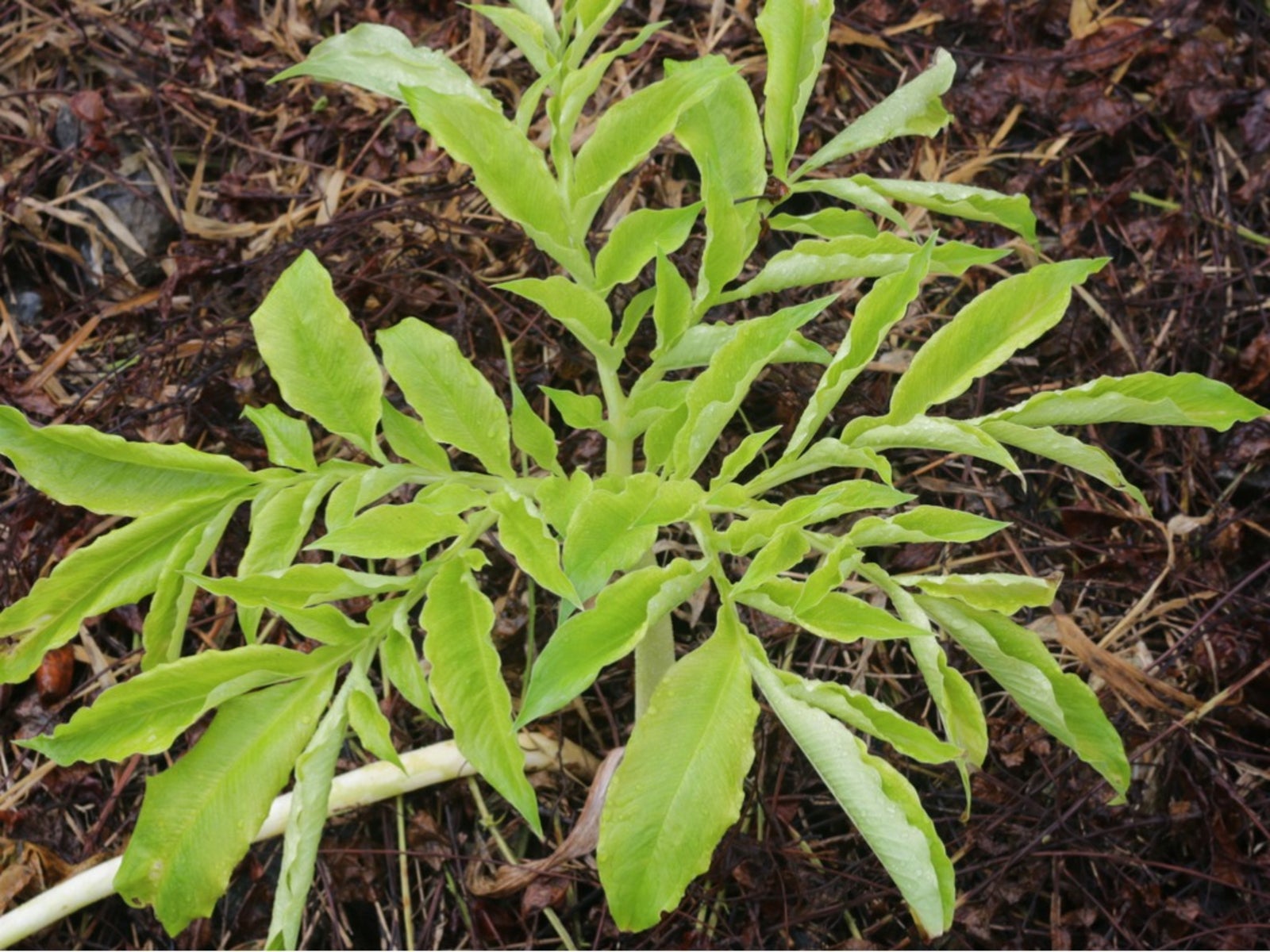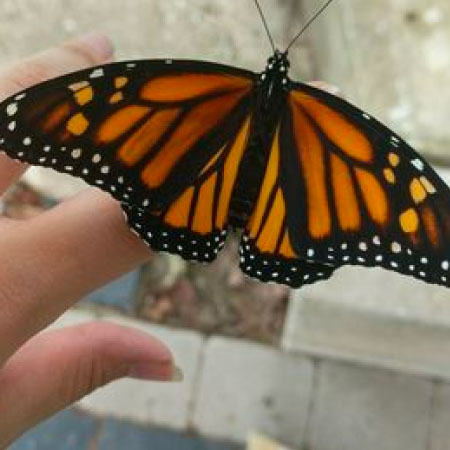Caring For Voodoo Lilies: Growing A Peony-Leaf Voodoo Lily Plant


Sign up for the Gardening Know How newsletter today and receive a free copy of our e-book "How to Grow Delicious Tomatoes".
You are now subscribed
Your newsletter sign-up was successful
If you are like me and attracted to strange and unique things, it doesn't get much stranger than peony-leaf voodoo lily plants. Not a true member of the lily family, peony-leaf voodoo lilies, or Amorphophallus paeoniifolius, are members of the aroid family. Voodoo lilies are perhaps best known for the unique scent of their blooms, which is described as smelling like rotting flesh. Continue reading to learn more about growing a peony-leaf voodoo lily.
About Peony-Leaf Voodoo Lilies
This specific species of voodoo lily with peony leaves (hence, the name) was introduced by horticulturist Alan Galloway. It was discovered in Phang Nga, Thailand in 2011. These wild-growing, peony-leaf voodoo lilies were approximately 9 feet (2.5 m.) tall and 9 feet (2.5 m.) wide. Container-grown species are reported to grow 5 feet (1.5 m.) tall and wide. Peony-leaf voodoo lilies produce a large green-purple spathe, out of which grows a large purple-black spadix. At the tip of the spadix is a big, wrinkly purple knot that sort of resembles a wrinkly purple brain. It is this flower, or spathe and spadix, which gives off the rancid scent of rotting meat. While this makes it an extremely interesting plant, it is one you may not want in your home when flowering in late winter to early summer. This odor may repel your neighbors, but it attracts pollinators to the plant. The flower is followed by a thick brown and green mottled stem that produces large umbrella-like foliage that resembles its namesake peony foliage.
Growing a Peony-Leaf Voodoo Lily Plant
Peony-leaf voodoo lily plants are hardy perennials in zones 9-11. In cooler climates, they are grown as annuals, like cannas or dahlias. The tubers are dug up and stored in a cool, dry place through winter. In tropical areas of zones 9-11, peony-leaf lily tubers will naturalize and also produce seeds that will self-sow. These seeds can also be collected to plant later. The tubers can be divided as well. These tubers need to be planted deeply to support the very large aerial parts of the plant. In many Asian countries, like Indonesia, these tubers are eaten – lending to its alternate name of elephant foot yam, not to be confused with tortoise plant sharing the same alternate name. Some people report allergic reactions to handling the tuber, though. Caring for voodoo lilies does not require much work. Although they look very exotic, they don't require anything special to grow. They prefer a lightly shaded area, with slightly acidic soil. Fertilize peony-leaf voodoo lily plants every other month in late winter to early summer with a fertilizer high in phosphorus, like 15-30-15.
Sign up for the Gardening Know How newsletter today and receive a free copy of our e-book "How to Grow Delicious Tomatoes".

Darcy is a former contributor to Gardening Know How. She is a professional landscape designer and gardening writer with experience in plant sales. An avid gardener, Darcy has a passion for sharing practical tips to help others grow.